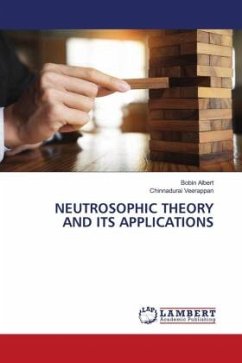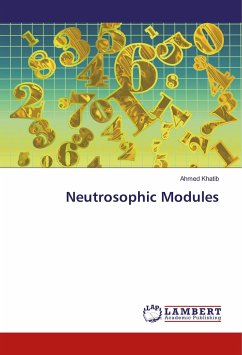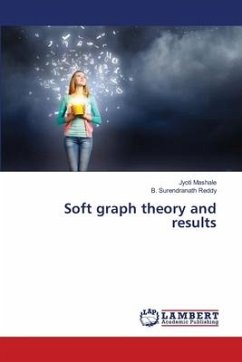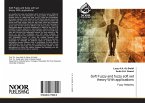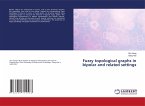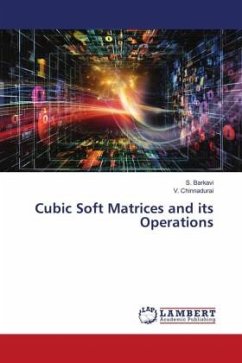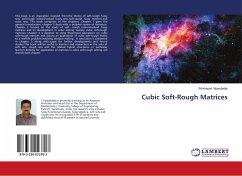The thoughts inside the human brain for learning, understanding, and describing are imprecise. The boundaries of these concepts are not precisely defined. Therefore, judging and rationalizing that develop from the human brain also become uncertain. Although the usage of neutrosophic and other hybrid sets in psychology is evident, the preference of using them is not widespread. We have tried to bring out the significance of neutrosophic theory in analyzing psychological disorders rather than using traditional set theory. The psychiatrists are used to analyze scaled data with statistical techniques. Neutrosophic logic acts as a vital tool to deal with uncertainty. The reason for introducing the neutrosophic concept in the study of the psychology field is that much of the data received by the questionnaire is imprecision. Using neutrosophic information instead of raw data has the advantage of reducing vagueness. In psychology, this concept offers an additional benefit and allows us to use vagueness measures to quantify the ambiguity associated with the prediction of psychological disorders.
Bitte wählen Sie Ihr Anliegen aus.
Rechnungen
Retourenschein anfordern
Bestellstatus
Storno

